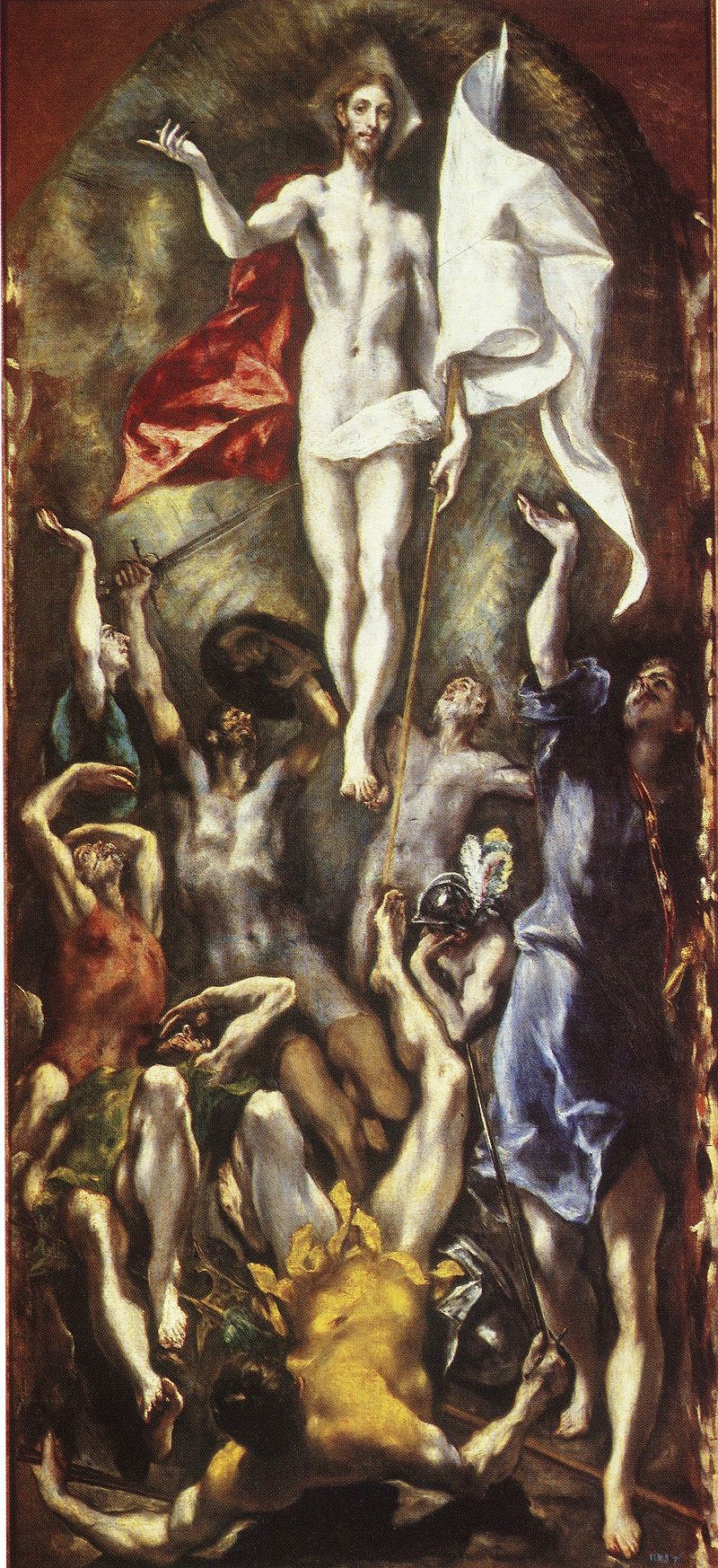| Official's house Thebes |
6
|
V/NV/JH
|
Qui séminant in
lácrimis, * in exsultatióne metent.
|
οἱ σπείροντες ἐν δάκρυσιν ἐν ἀγαλλιάσει θεριοῦσιν |
semino, avi, atum, are to sow.
lacryma, ae,
/., a tear.
DR
|
They that sow in
tears shall reap in joy.
|
Brenton
|
They that sow in tears shall reap in joy.
|
Grail
|
Those who are sowing in tears will sing when they reap.
|
MD
|
They who sow in tears shall
reap in gladness
|
RSV
|
May those who sow in tears reap with shouts of joy!
|
Cover
|
They that sow in tears shall reap in joy.
|
Knox
|
The men who are sowing in
tears will reap, one day, with joy.
|
The first harvest, and the last
On Holy Wednesday, Our Lord said to the apostles:
Amen, amen I say to you, unless the grain of wheat falling into the ground die,Itself remaineth alone. But if it die, it bringeth forth much fruit. He that loveth his life shall lose it; and he that hateth his life in this world, keepeth it unto life eternal. (John 12:24-25)Similarly, in chapter 16 of his Gospel, Our Lord alludes to the psalm, saying:
Truly, truly, I say to you, you will weep and lament, but the world will rejoice; you will be sorrowful, but your sorrow will turn into joy.In this light, the verse can be interpreted as a reference to the Resurrection. St Augustine, for example, says that:
Therefore in Judea the harvest was now ready. Rightly there the crop was, so to speak, ripe, when so many thousands of people were bringing the price of their possessions and laying it at the feet of the apostles; their shoulders freed of worldly baggage, they were following Christ, the Lord. Truly a ripe harvest...This is not, however, the end of the story, for there is another and final crop yet to be harvested:
What came of it? From that harvest a few grains were cast out, and they sowed the world, and there arises another harvest that is to be reaped at the end of the world. About this harvest it is said, "They who sow in tears shall reap in joy." To this harvest, therefore, not apostles but angels will be sent; he says, "The reapers are the angels." Tractates On The Gospel Of John 15.32.3.16
Ensuring we are part of the harvest
The Fathers and Theologians invariably apply the verse also to the necessity of cultivating virtue in ourselves, teasing out each part of the verse to do so.
Planting out a crop, St John Chrysostom reminds us, requires hard work:
Virtue is like that, you see: it offers conspicuous reward for its labors; we need firstly to toil and struggle, and then to seek rest. After all, you would find this happening everywhere even in things of this life. For this reason the psalmist also focused on these things, sowing and harvesting. In other words, just as the sower needs to apply effort, sweat and tears, and winter is also required, so too the person practicing virtue: nothing is so unsuited to laxity as a human being.
Hence God made this way narrow and constrained - or, rather, not only the practice of virtue: even the things of this life he made laborious, and in fact far more so. I mean, the sower, the builder, the traveler, the woodsman, the artisan - every person who has in mind to gain some advantage needs to apply labor and effort.And, he adds, the crop needs to watered with our tears:
As the seeds need rain, so we need tears; and as the land has need of ploughing and digging, so too the soul needs trials and tribulations in place of the hoe so that it not bear noxious weeds, that its hardness be softened, that it not be carried away. Soil that is not worked with diligence, remember, produces nothing healthy...This crop will not be harvested in this world, Caesarius of Arles, but rather the next:
Let no one believe that he possesses any happiness or true joy in this world. Happiness can be prepared for, but it cannot be possessed here. Two times succeed each other in their own order, "a time to weep, and a time to laugh." Let no one deceive himself, brethren; there is no time to laugh in this world. I know, indeed, that everyone wants to rejoice, but people do not all look for joy in the place where it should be sought.
True joy never did exist in this world, it does not do so now, and it never will. For thus the Lord warned his disciples in the Gospel when he said, "You will suffer in the world,"and again, "While the world rejoices, you will grieve for a time, but your grief will be turned into joy. "For this reason, with the Lord's help let us do good in this life through labor and sorrow, so that in the future life we may be able to gather the fruits of our good deeds with joy and exultation according to that sentence: "Those who sow in tears shall reap rejoicing." Sermon 215.2.20We sow now, in other words, in order to obtain our reward in heaven. Cassiodorus says:
Casting means sending in advance into the world to come, which our deeds reach before we ourselves can get there. As Scripture has it: But lay up to yourselves treasures in heaven, where neither rust nor moth doth consume, and where thieves do not dig through and steal."
Psalm 125 (126)
Vulgate
|
Douay-Rheims
|
Canticum graduum.
| |
1 In converténdo Dóminus captivitátem Sion: * facti sumus sicut consoláti:
|
When the Lord brought back the captivity of Sion, we became like men comforted.
|
2 Tunc replétum est gáudio os nostrum: * et lingua nostra exsultatióne
|
2 Then was our mouth filled with gladness; and our tongue with joy.
|
3 Tunc dicent inter Gentes: * Magnificávit Dóminus fácere cum eis.
|
Then shall they say among the Gentiles: The Lord has done great things for them.
|
4 Magnificávit Dóminus fácere nobíscum: * facti sumus lætántes.
|
3 The Lord has done great things for us; we have become joyful.
|
5 Convérte, Dómine, captivitátem nostram, * sicut torrens in austro.
|
4 Turn again our captivity, O Lord, as a stream in the south.
|
6 Qui séminant in lácrimis, * in exsultatióne metent.
|
5 They that sow in tears shall reap in joy.
|
7 Eúntes ibant et flebant, * mitténtes sémina sua.
|
6 Going they went and wept, casting their seeds.
|
8 Veniéntes autem vénient cum exsultatióne, * portántes manípulos suos.
|
7 But coming they shall come with joyfulness, carrying their sheaves.
|
Gloria Patri et Filio et Spiritui Sancto.
|
Glory be to the Father, and to the Son, and to the Holy Ghost
|
Sicut erat in principio, et nunc, et semper, et in saecula saeculorum. Amen.
|
As it was in the beginning, is now, and ever shall be, world without end. Amen.
|
And the next part in the series, on verse 7 of Psalm 125, can be found here.


